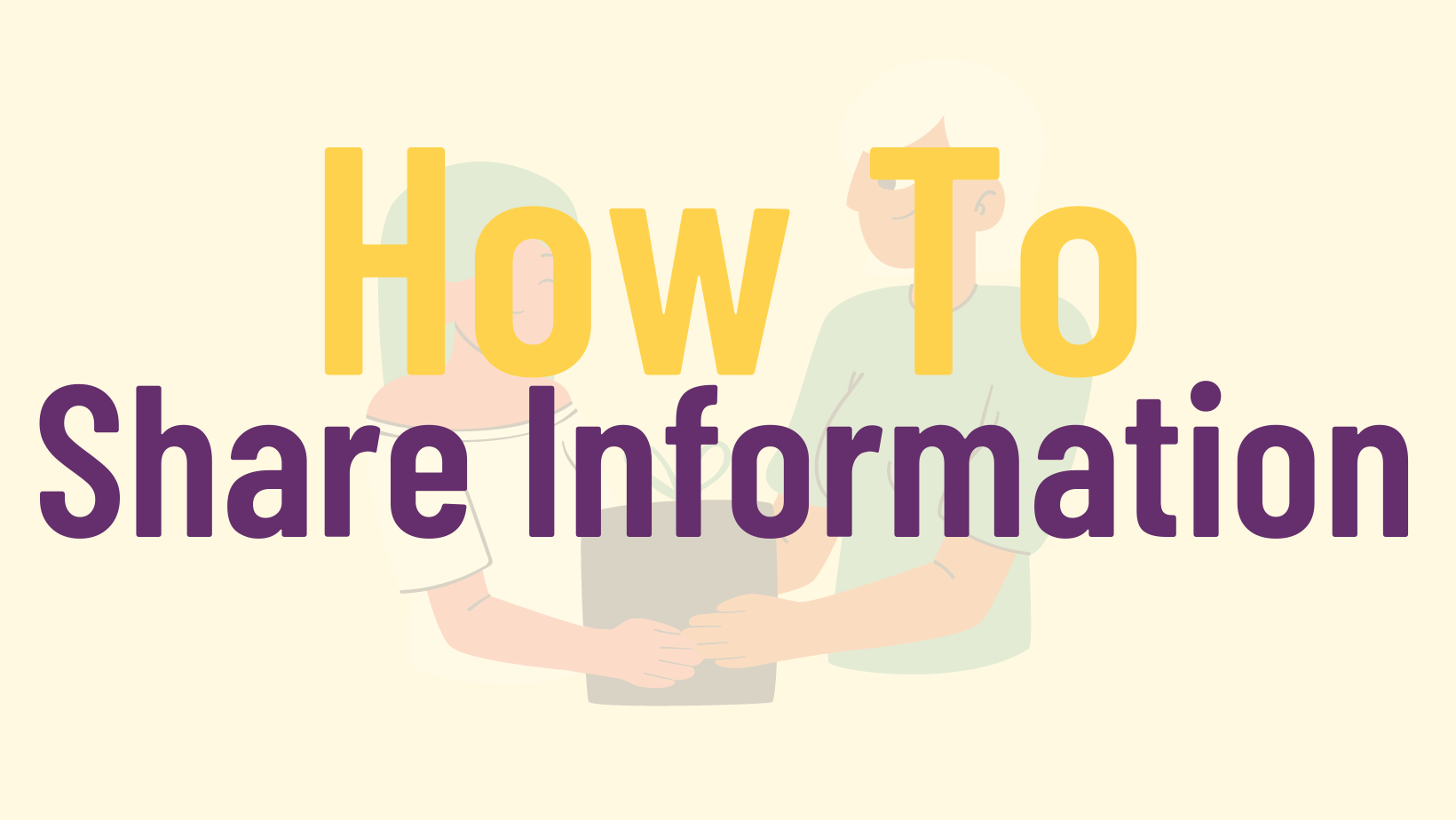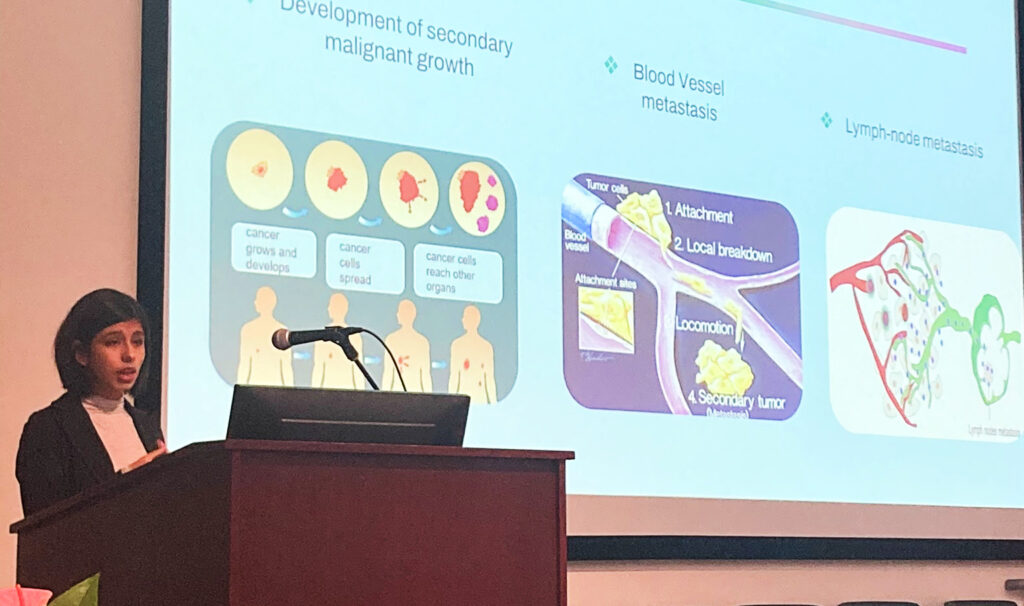You’ve found a cause that you love. You’ve committed to supporting it. Now comes the big challenge – getting cause-related information to your community.
Don’t worry. It’s not as hard as it probably sounds. In fact, with the right steps, it can be pretty simple to stand up and make a difference.
Learn to Leverage Your Voice
To share information with your community, you need to learn how to leverage your voice. It’s all about communication, but that has to occur in the right way.
Be Respectful
First, always be respectful. Yes, you’re passionate about your cause and you need to make people understand the truth of what you’re telling them. You cannot afford to be disrespectful, though.
Make It Understandable
Make sure that your communications are understandable. What good does a poster do if it’s in a font that’s hard to read? How effective is that sign if no one can make out the message? This also goes for verbal communications.

Meet Them Where They Are
Meet other people where they are. To effectively advocate, you must make sure that your message resonates with each individual. That can be tough to do, but if you know your audience and how your cause affects them, it can help.
Here’s an example. You’re talking to a friend from school about your cause. You have an established relationship with that person, a level of trust, shared experiences, and more.
Now, compare that to speaking to someone at an event. Let’s say you’ve set up an information booth and someone has asked for more information. You don’t know this person. There’s no existing level of trust. How you communicate with that individual will be very different from how you communicate information to your friend, all the way down to the words you use.
How do you meet them where they are, though? You will get better with practice, but a few basic observations will help you speak directly to that person:
- Do they seem to know about the cause?
- Are they looking at a flyer or holding a pamphlet that you created?
- Do they have a connection to the cause?
What you’re looking for here are called context clues. These are really just things that you can pick up about a person that can give you clues about their personality and their life. You can use those to tailor your interactions with them.
If you remember to be understandable and respectful and find ways to ensure that your message resonates, communicating with a stranger can be just as simple as talking to a friend.

Master Your Elevator Pitch
If you want to effectively advocate for a cause, you’ll need to develop and then master what’s called an elevator pitch. An elevator pitch is a short description that explains the concept of your cause in a way that any listener can understand. Simple, right?
There are really just three parts to an elevator pitch:
- The Hook: The hook is what you use to reel a listener in – to grab their attention. It should take 15 to 20 seconds. Here, you’ll need to introduce yourself, as well as your cause and why it’s important.
- The Body: The body is the “meat” of your pitch and should take between 30 and 60 seconds. This is where you get into the specifics of your cause or initiative. What makes it different? What’s the impact? Why would someone want to get involved?
- The Closing: The final 15 to 20 seconds is your closing, or wrap up. This is where you bring everything together and tell (or ask) the person to act. Do you want them to sign up? Donate money? Volunteer time?
If you’re able to remain respectful, keep your communications understandable, and deliver an effective elevator pitch that really resonates with each individual, you’ll be able to build awareness and spread information about your cause.





